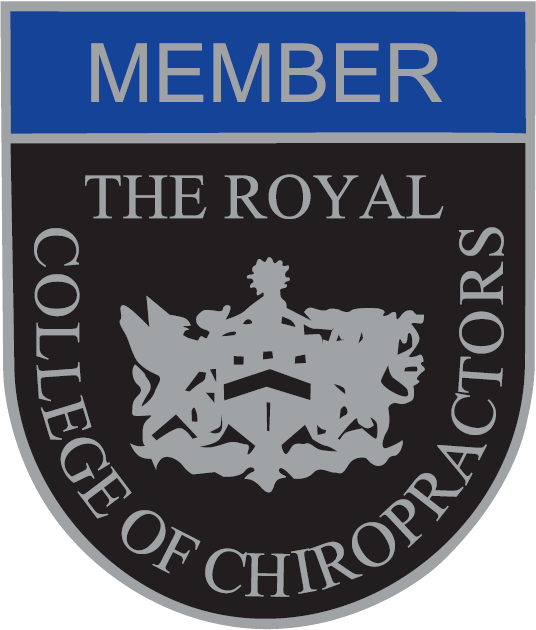 The phrase “contains all of the necessary vitamins and minerals” is frequently seen on food labels and during commercials which advertise a healthy breakfast. However relatively few individuals are aware of the role that vitamins play. What exactly are vitamins? Why are they essential to maintain our health? What are some of the most important vitamins to consume on a regular basis in order prevent or avoid ill health? The following will help answer your questions.
The phrase “contains all of the necessary vitamins and minerals” is frequently seen on food labels and during commercials which advertise a healthy breakfast. However relatively few individuals are aware of the role that vitamins play. What exactly are vitamins? Why are they essential to maintain our health? What are some of the most important vitamins to consume on a regular basis in order prevent or avoid ill health? The following will help answer your questions.
What is a Vitamin?
A vitamin is essentially an organic compound that the body requires in order to maintain homeostasis (a stable and healthy equilibrium). Vitamins are contained in many of the foods which we eat although they are more prevalent within fresh fruits and vegetables. It is also important to point out the differences between vitamins and minerals, as these two terms are sometimes confused. As opposed to vitamins, minerals are inorganic substances that are absorbed by the plants and animals that we eat. Minerals are nonetheless quite essential in order to keep your bodily functions performing at optimal levels.
What Purposes do Vitamins Serve?
This is actually a slightly loaded question, as vitamins are critical in performing countless metabolic activities. Some of the most important functions which are influenced by vitamins include:
- Digesting the foods that we eat.
- Staving off illnesses such as a cold or the flu.
- Recovering from injuries.
- Preventing cellular damage (these vitamins are often classified as antioxidants).
- Helping our skin, hair and nails to appear younger.
- Regulating our heart rate, blood pressure and brain activity.
Having said this, the body will only require a relatively small amount of most vitamins. This is one of the reasons why vitamins are often known as “micronutrients”. It should also be mentioned that some vitamins will help your body absorb specific minerals. One example can be seen in the relationship between vitamin D and calcium. The simple fact of the matter is that vitamins are absolutely crucial to maintain a healthy body.
A Quick Look at the Roles of Common Vitamins
While it should now be clear to appreciate why vitamins are so important, it is helpful to understand the functions of each. Here are some well-known substances and the purposes that they serve:
- Vitamin C: An antioxidant which protects the cells.
- Vitamin B: Enhances many metabolic activities, promotes brain function and stimulates the production of red blood cells.
- Vitamin D: Helps your body maintain healthy teeth and bones.
- Vitamin E: Excellent for the skin and aids in the production of red blood cells.
Please note that some categories (such as B-complex vitamins) contain many variants which each perform a unique function. The bottom line is that the importance of vitamins cannot be overlooked.
If you feel that you are not receiving a sufficient amount of vitamins or minerals in your daily diet, speak with a doctor or a health professional who can help with your needs.









